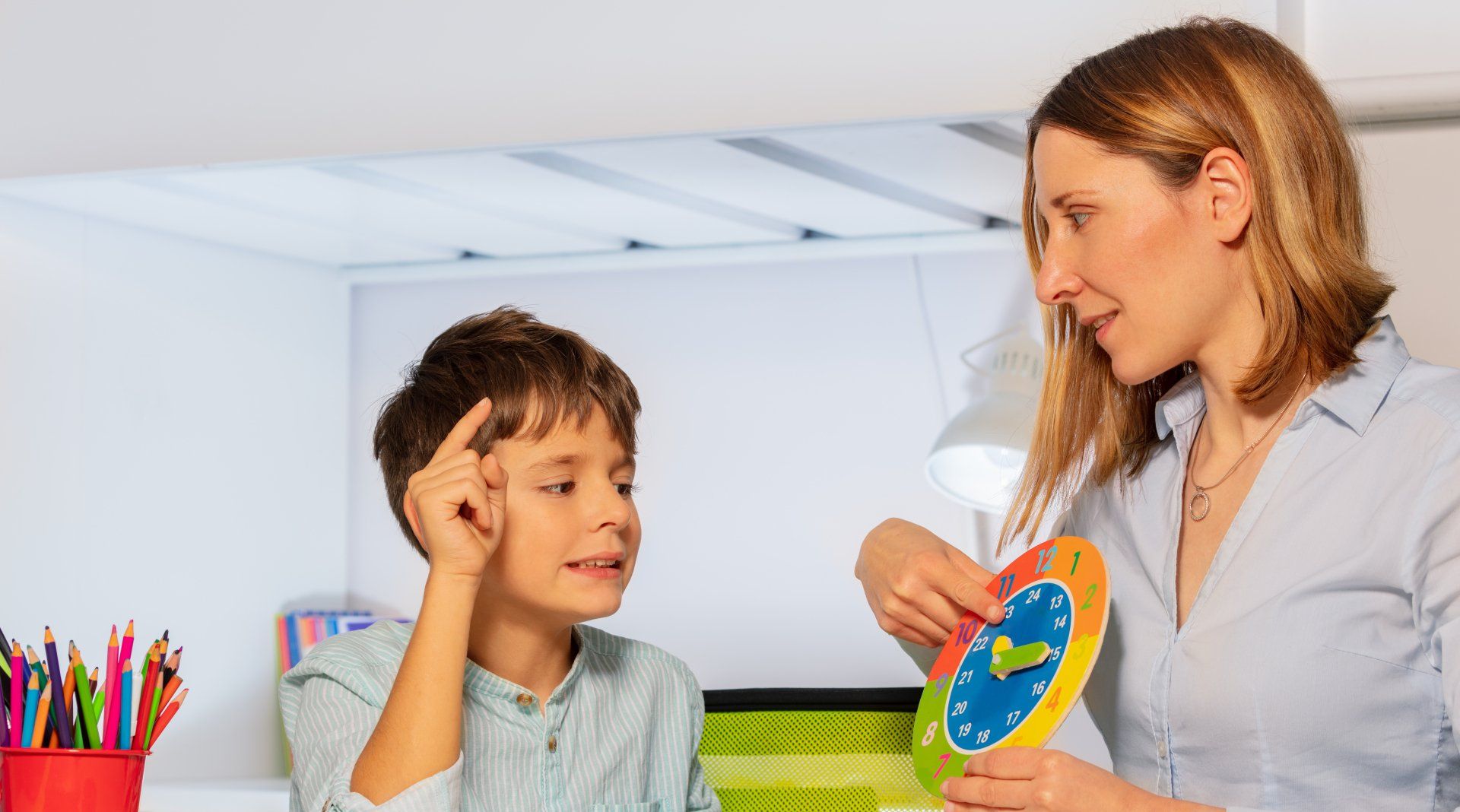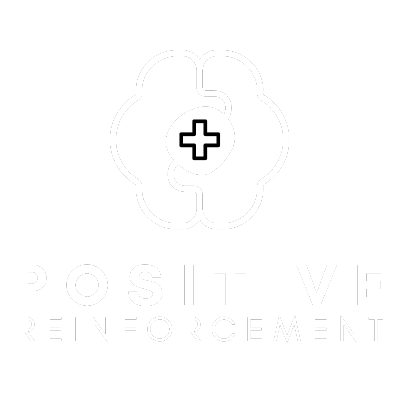Levels of Severity of Autism
Levels of Severity of Autism

The Diagnostic and Statistical Manual of Mental Disorders, known as the DSM-5, describes autism spectrum disorder (ASD) as having three levels of severity. It is important to understand that these levels aren’t rigid; rather, symptoms may be more or less severe depending on the child’s environment or other factors. It is also true that severity level may fluctuate throughout a person’s life. Nonetheless, these levels give us some basis for categorizing and understanding autism and the needs of each individual.
Level 1: “Requiring Support”
Children in this level may have impaired verbal skills. The ability to plan ahead or transition smoothly from one activity to another may not come easily. It may be difficult for them to communicate with others, but the level of support needed for an individual at this level is be minimal compared to more severe cases.
Level 2: “Requiring Substantial Support”
Social interactions may be increasingly limited at this level. The child is verbal, but all forms of communication, both verbal and nonverbal, still require development. The child may use repetitive motion as a way to cope with change. Behaviors such as this become more noticeable to others.
Level 3: “Requiring Very Substantial Support”
The child may be completely nonverbal or have severely impaired verbal skills. Conversations are very difficult or not possible. There is the inability to handle change, which is so intense it can interfere with functioning in general.
Autism can only be diagnosed by a doctor. However, an important part of a physician’s assessment is one or more at-home tests, or questionnaires, in which parents and caregivers must document behaviors and their severity. These tools can be very accurate, but they should be used in conjunction with a doctor’s full battery of tests. If a parent tries to diagnose a child’s autism alone, they may end up thinking the child’s condition is more severe than it actually is or even vice versa. As always, consult with experts when it comes to your child’s care.
Positive Reinforcement not only offers ABA therapy services for North Virginia, West Virginia including cities like Ashburn, Leesburg, Winchester, Richmond, Centerville.










